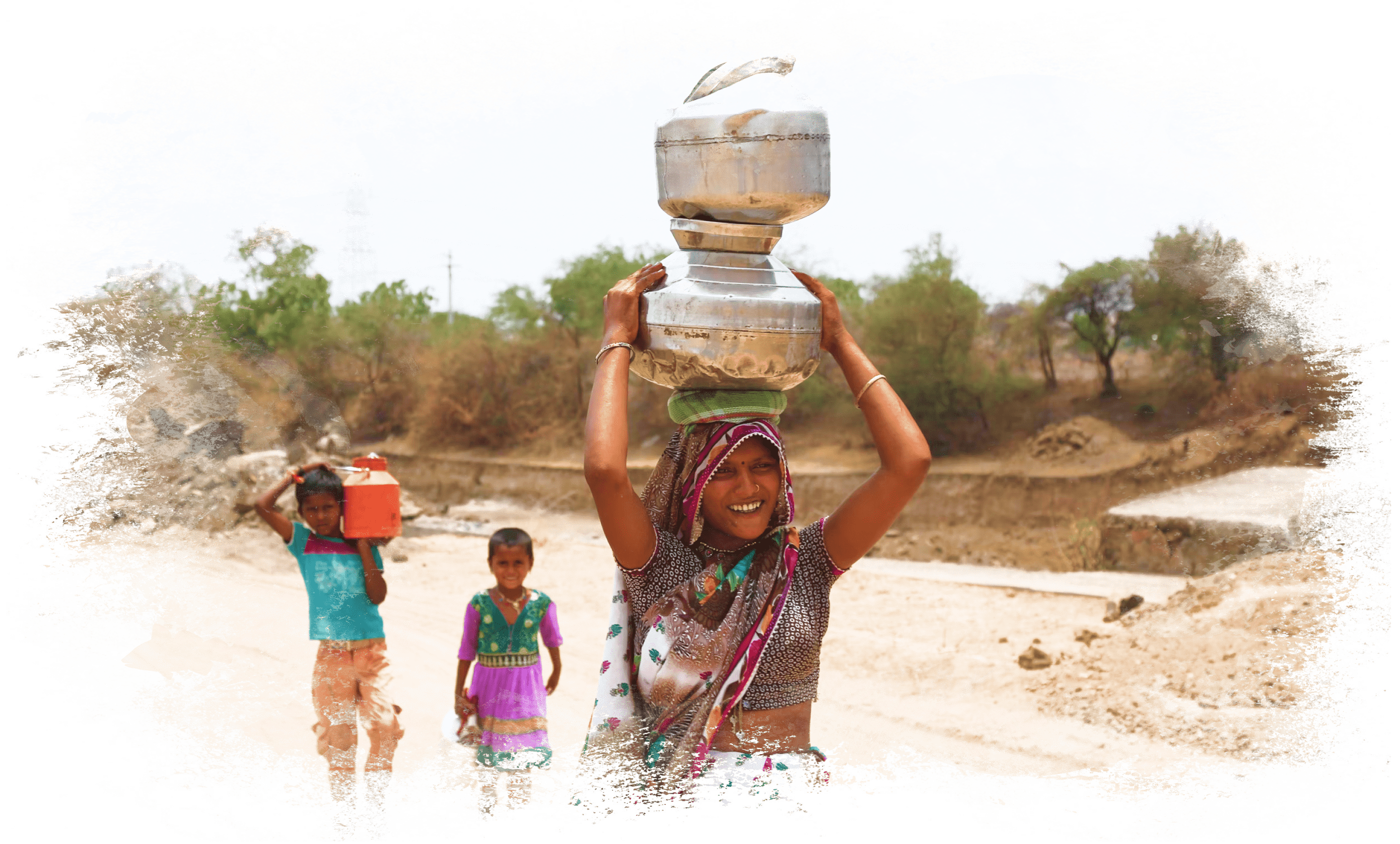

Eradicating poverty is a global priority and a key goal of sustainable development. It involves not just providing financial aid, but addressing the root causes such as unemployment, lack of education, poor healthcare, and social inequality. Governments and organizations work to reduce poverty through policies that promote economic growth, job creation, quality education, and access to basic services like clean water, housing, and healthcare. Empowering marginalized communities, ensuring fair wages and investing in rural development are also essential steps to create opportunities and ensure a dignified life for all.
A rigid social hierarchy based on birth and occupation, deeply rooted in tradition. It continues to impact relationships, access to opportunity, and socio-political structures.
Still prevalent in parts of West Bengal, child marriage deprives young girls of education, health, and freedom — violating basic human rights and limiting future potential.
A sensitive issue in India due to religious, cultural, and political significance. The practice is heavily debated and regulated under law.
Millions still lack access to clean, potable water. Poor infrastructure, pollution, and climate change contribute to a growing public health crisis.
Intended to support student nutrition, these programs often suffer from poor hygiene, inadequate facilities, and food safety issues in implementation.
Poverty, gender inequality, and weak law enforcement fuel trafficking networks, especially targeting women and children for labor and sexual exploitation.
Meant to aid the poor, the PDS suffers from corruption, ghost beneficiaries, and poor-quality food supplies — undermining its intended impact.
Essential for mobility, yet plagued by overcrowding, delays, poor safety, and insufficient infrastructure in many parts of West Bengal.
While higher education thrives, primary and secondary schooling faces major challenges including lack of facilities, teachers, and equitable access.
Despite progress, gender-based violence remains widespread. Border regions face additional threats of trafficking and exploitation due to weak enforcement.
We organize free health check-ups, distribute essentials like sanitary napkins, and run awareness programs across rural Bengal to fight chronic diseases and health illiteracy.
We provide civil and criminal legal support to economically weaker sections and raise awareness about rights, helping communities access justice and protect themselves from exploitation.
We offer skill development, vocational training, and digital literacy programs to promote self-employment and connect underprivileged youth and women to local and online job opportunities.